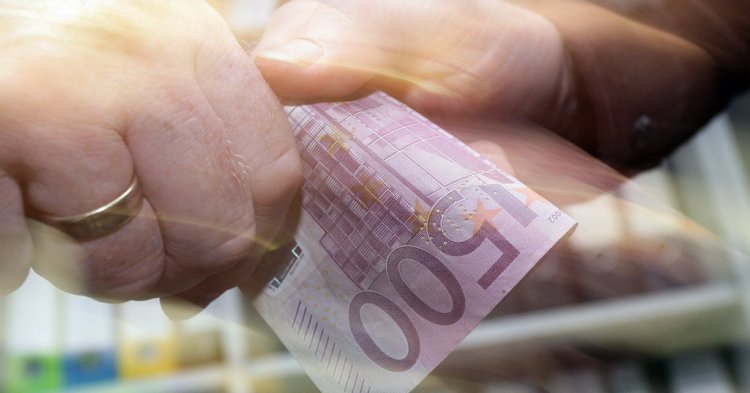These days, politicians do not suffer from an overdose of trust. For instance, only 13 percent of Romanians say they trust their government. This is no exception, in the whole Western world distrust towards politics is growing. This gives politicians less leeway to undertake action and is alarming because it is difficult to win trust back. As the Dutch saying goes, ‘trust comes by foot and leaves by horse’. At the same time, support for our democratic system seems to fade away, slowly but steadily.
Distrust has grown since the 1960s and scholars give numerous reasons for this trend. Globalisation puts governments under pressure. The wider gap between the rich and the poor, and too high competitiveness are also mentioned as causes. Some scholars argue we need a uniting cause, such as the earlier fights against fascism or communism. Other political scientists think citizens expect too much from their politicians. The number of causes matches the number of solutions. Less, but better communication, investments in organisations such as local football clubs, and better and more credible governance are often cited as remedies. Some argue that the state cannot do anything, because it is a cultural phenomenon to distrust our politicians.
Curiously, European citizens have tended to trust the European Union (EU) and her institutions more since the 1960s. This has happened while other institutions such as the United Nations, national governments and parliaments are constantly losing citizens’ trust. However, the EU is said to have a ‘democratic deficit’ - a lack of control of the Europeans over the Union. The Irish voted against the Lisbon treaty in 2008, where after Ireland was ‘forced’ to ‘vote right’ the next time. Decisions that are made in Brussels have to be implemented at home. There is “no way out and we just have to live with it”, is the perception that lives among many Europeans.
Why then, if the EU is said to be so undemocratic, do you trust the Commission, which is more or less the European government, more than your own national government? Well, the answer is not simple, just as with every trust issue. Some reasons are the same as for the trust in your national government. For example, because you trust the people working in the Commission, such as your national EU commissioner. Or because in your family, it is normal to trust politicians. The trust in the Commission is also higher when the economy performs well. This explains the recent downfall in its trust levels. People with a nice job and a good relationship tend to trust politicians more than others. And those who trust the European Parliament will be more likely to trust the European Commission. All these ‘trust laws’ can be applied to the Commission.
However, trust in the EU is just a bit different as it takes decisions that national governments have to implement. According to some scholars you will be more likely to trust the Commission if you trust your national government. This does not coincide with the facts: take the East European versus the Scandinavian EU members. The former trust their national governments far less than the latter. But for the Commission, it is just the other way around. Even stranger, in Eastern Europe wealth levels are reduced. And normally, more wealth means more trust. Moreover, the decisions of the Commission are much less cited in the media. As a consequence, you know much less about its policies. Therefore, it is illogical to trust less your own government than an institution that one fifth of Europeans have never heard of. A part of the answer is that you think the people working for the EU are less corrupt. This is surprising regarding the common view of money wasters. Also, European citizens think the policies on the European level are moving in a better direction than on the national level, even during the current economic crisis. Another possible explanation is that people involved in EU politics tend to communicate more positively about the EU, than people involved in national politics.
So your trust in the Commission is unique, but normal in some ways. It depends on a lot of factors, just as trust in personal relations. Every relation is unique, just like all the others.
This article is based on previous research, which can be found (in Dutch) on http://lib.ugent.be/fulltxt/RUG01/001/490/954/RUG01-001490954_2011_0001_AC.pdf


Follow the comments: |
|
